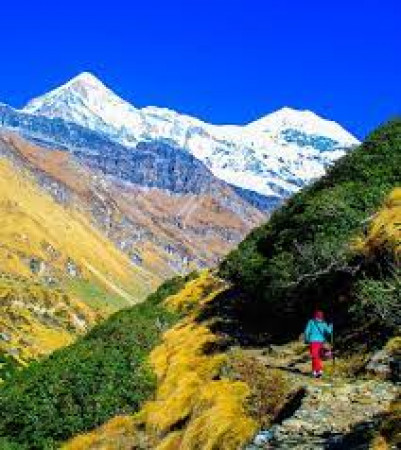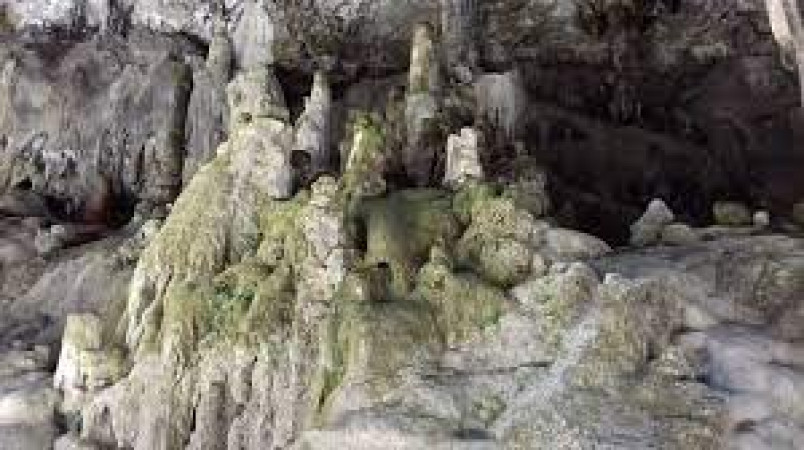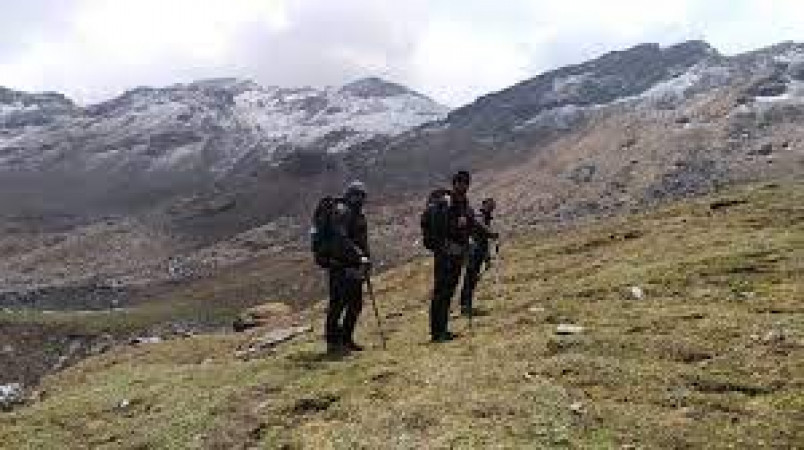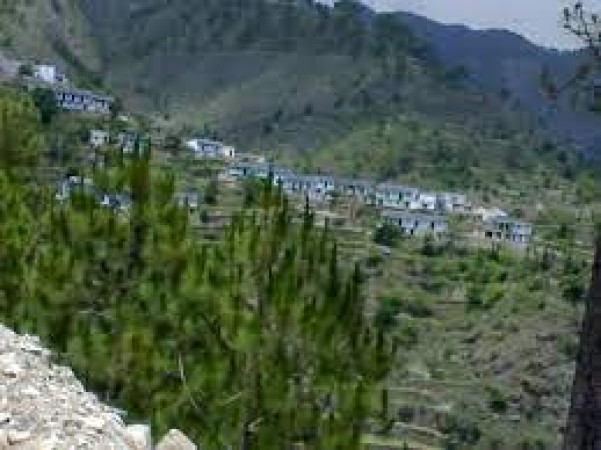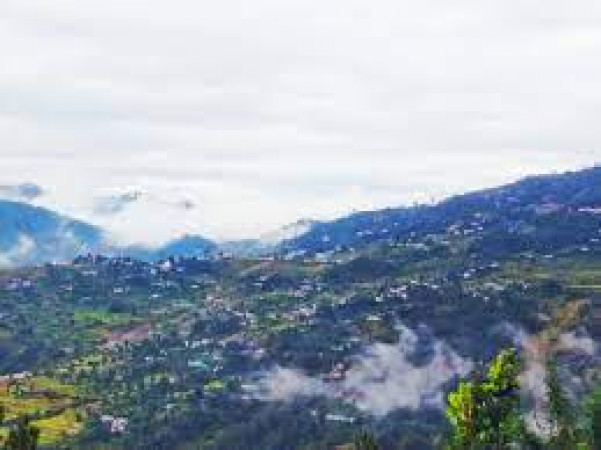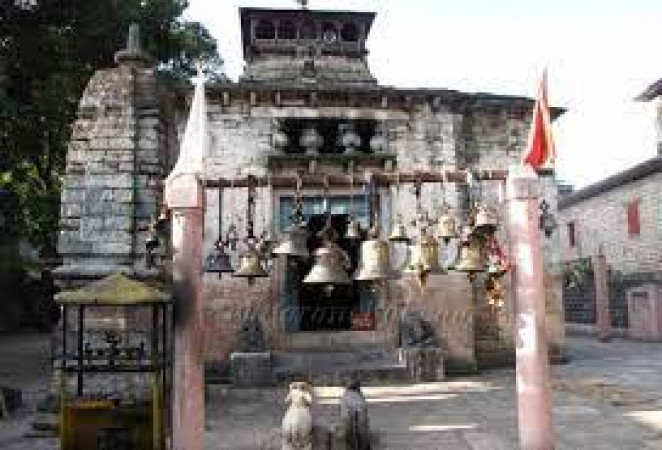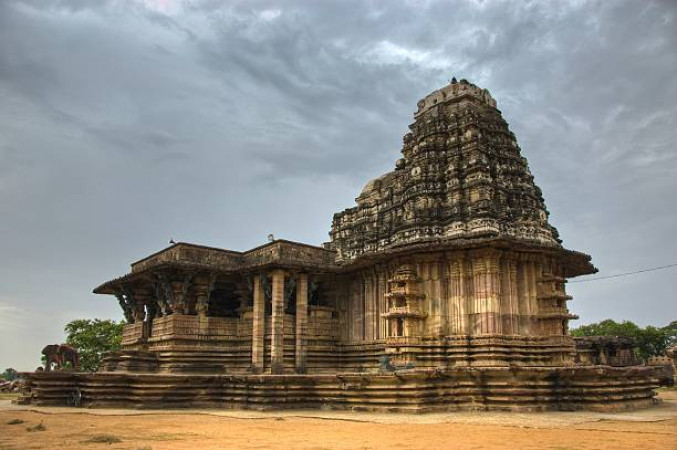
Warangal
Package
3000 to 4000
3000 to 4000
Duration
2 to 4 Days
2 to 4 Days
Best time to visit
Oct-Feb
Oct-Feb
Theme
Heritage
Heritage
Warangal Travel Guide
Warangal, located in the southern part of India, is a city with a rich historical and cultural significance. Known for its stunning architecture, including the iconic Warangal Fort and Thousand Pillar Temple, this city was once the capital of the Kakatiya dynasty. Warangal boasts a blend of history, art, and natural beauty, making it a popular destination for history buffs and nature lovers alike.Top Attractions in Warangal
- Warangal Fort
- Thousand Pillar Temple
- Bhadrakali Temple
- Pakhal Lake
- Kakatiya Rock Garden
Warangal is Famous for
Warangal is most famous for its impressive Kakatiya architecture and historical landmarks.Top Attractions in Warangal
- Exploring the majestic Warangal Fort
- Admiring the intricate carvings at Thousand Pillar Temple
- Cruising on the tranquil Pakhal Lake
- Visiting the unique Kakatiya Rock Garden
What's Great about Travelling to Warangal?
- Experience the rich history of the Kakatiya dynasty
- Explore stunning architectural wonders
- Enjoy the serene natural beauty of lakes and gardens
What's Not So Great about Travelling to Warangal?
- Limited nightlife and entertainment options
- Hot summers can be challenging for some travelers
- Language barrier for non-Telugu speakers
Travel Tips for Warangal
- Check visa requirements before travel
- Use local transportation for an authentic experience
- Stay hydrated and carry sunscreen during summers
Important Warangal trip information
- Ideal Duration: 2-3 days
- Best Time to Visit: October to March
- Nearby Airports and Railway Stations: Warangal Airport, Warangal Railway Station
Top 11 Places to visit in Warangal
FAQ's on Warangal
Q1: What is the best time to visit Warangal?
The best time to visit Warangal is during the winter months from November to February when the weather is pleasant and ideal for exploring the city's attractions. This period also coincides with the festive season, allowing visitors to experience local cultural events and celebrations. Avoid visiting during the summer months (March to June) as temperatures can soar, making outdoor activities uncomfortable.
Q2: Do I need a visa to travel to Warangal?
Tourists visiting Warangal do not require a specific visa for the city, as it is a part of India. However, international travelers must obtain an Indian visa before entering the country. Ensure that your visa is valid for the duration of your stay in India and comply with any entry requirements set by the Indian government.
Q3: What are the must-visit attractions in Warangal?
Warangal is known for its rich historical heritage, with must-visit attractions including the Warangal Fort, Thousand Pillar Temple, Bhadrakali Temple, and the picturesque Pakhal Lake. Don't miss exploring the unique rock formations at Bhongir Fort and the serene beauty of Ramappa Temple, a UNESCO World Heritage Site. Warangal is also famous for its intricate Kakatiya architecture, which can be admired at various sites across the city.
Q4: Is Warangal a safe place to travel?
Warangal is generally a safe destination for travelers, but it is advisable to take usual precautions to ensure a safe trip. Avoid isolated areas at night, be cautious of pickpockets in crowded places, and respect local customs and traditions. Stay informed about any current events or developments in the region that may affect your travel plans and follow guidance from local authorities.
Q5: What is the local currency in Warangal and can I use credit cards?
The local currency in Warangal, as in the rest of India, is the Indian Rupee (INR). ATMs are readily available in the city for cash withdrawals, and credit cards are accepted at most hotels, restaurants, and larger stores. It is advisable to carry some cash for smaller establishments or markets that may not accept cards. Inform your bank of your travel plans to avoid any issues with card transactions.
Q6: What is the local cuisine like in Warangal?
Warangal offers a rich culinary experience with a blend of traditional Telugu cuisine and flavors influenced by its history. Don't miss trying local specialties like Pesarattu (green gram dosa), Biryani, and Jonna Rotte (sorghum bread). Vegetarians can savor dishes like Gutti Vankaya (stuffed brinjal) and Ulavacharu (horse gram stew). For dessert, indulge in Ariselu (sweet rice flour cakes) and Poornalu (sweet lentil dumplings). Be prepared for spicy flavors and diverse vegetarian and non-vegetarian options that cater to different tastes.
Q7: What transportation options are available in Warangal?
Warangal offers various transportation options for getting around the city, including auto-rickshaws, cycle rickshaws, and local buses. Taxis and rental cars are also available for more convenient travel, especially for visiting nearby attractions or exploring the city at your own pace. Hiring a local guide can enhance your experience and provide insights into the city's history and culture. Plan your transportation based on the places you wish to visit and consider the best mode of travel for your comfort and convenience.
Q8: Are there any cultural norms or etiquette I should be aware of when visiting Warangal?
When visiting Warangal, it is essential to respect local customs and traditions. Dress modestly when visiting religious sites and adhere to any specific dress codes. Remove your shoes before entering temples or homes as a sign of respect. Greet locals with a Namaste (folding hands together) as a customary greeting. Avoid public displays of affection and be mindful of personal space when interacting with locals. Seek permission before taking photographs of people or religious sites. Embrace the warm hospitality of the locals and be open to learning about the region's history and culture.
Q9: I am a travel agent. How can I buy travel leads of Warangal?
Register yourself as a travel agent at agents.tripclap.com and then you can buy travel leads to Warangal once your account is approved. For more details contact our support team at +91-8069186564 or support@tripclap.com

